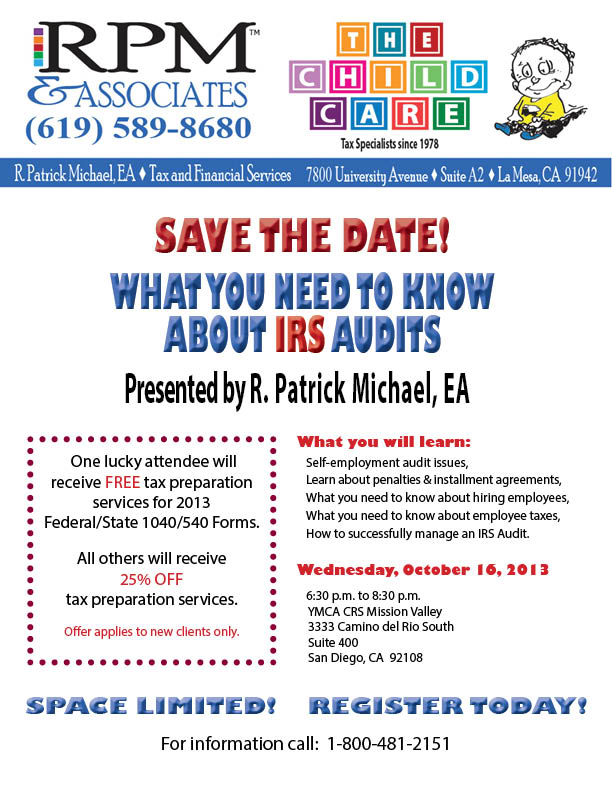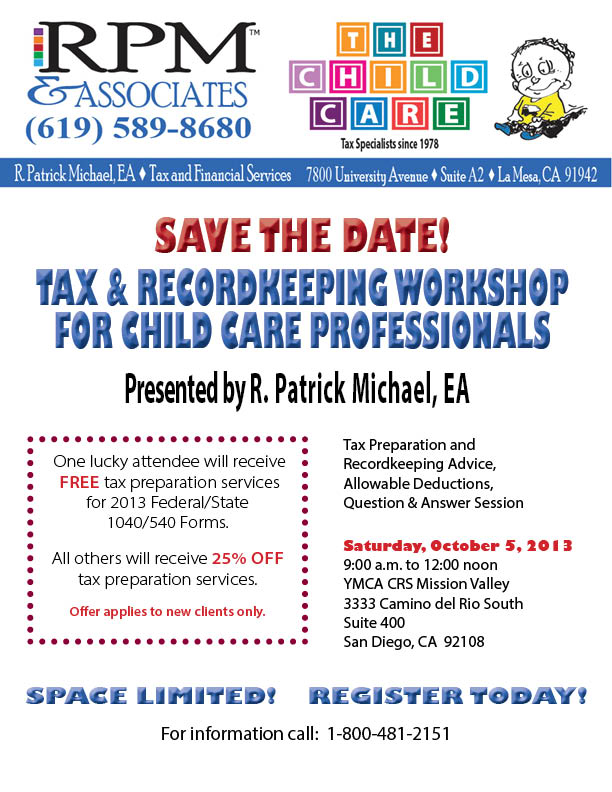What Hours Can You Count When You Are Away From Home?
We’ve written about keeping track of your hours (https://childcaretaxspecialists.com/track-your-hours-even-when-children-arent-present/) but what about the hours you spend on business activities away from your home such as shopping for toys, picking up and dropping off children (if you offer that) or even attending seminars and workshops? Continue reading


